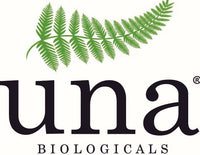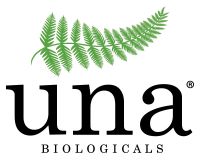
Honey, I'm Home!
Honey, a delicacy that could last as long as its extensive history. Offered as a sacrifice to the gods by ancient Egyptians, Greeks, and Romans, honey is revered. And for good reason! Honey contains 5,000 live enzymes, 27 minerals, 22 amino acids, and is chock full of antioxidants. It’s known to treat a number of ailments from diabetes to anemia and contains quickly digested natural sugars that don’t spike blood sugar. It has antimicrobial properties, meaning it protects and fights against bad micro-organisms and for this reason honey was often used on wounds to heal and protect against infection and disease. It is said to strengthen organs and treat many gastrointestinal disorders, due to its alkalizing nature. In Ayurveda, the medicine of ancient India, honey has been used to dissolve fat. This is probably because honey naturally lowers triglycerides, constituents of natural fats and oils that pose a health risk.
The makers of honey are just as fascinating as their creation. A honeybee is capable of flying 6 miles and up to 15 mph. Each hive of honeybees contains one Queen bee along with her drones and worker bees. Drones are fertile male bees and their sole purpose in life is to mate with the Queen, who produces about 1,500 eggs a day. Worker bees are all infertile females and they run the hive, collecting nectar from flowers while passively pollinating plants. Other worker bees then turn the nectar into honey by adding enzymes and letting water evaporate. It takes a bee 150 trips to make just one teaspoon of honey. All the honey a hive makes in the spring and summer must sustain the hive through the winter. It’s all quite incredible, and throughout history honey bees have been held in high regard. A honeybee has been taken as the emblem of a pope, a king, two gods, and Napoleon. It wasn’t until the renaissance that honey lost its distinction as a sweetener and honeybees fell out of the spotlight. Now honeybees face colony collapse disorder and a parasite known as varroa mites, which are threatening honey bees everywhere.
Now who would think just a spoonful of raw local honey in your tea could offer so many benefits!
All information is shared for educational purposes only. Una Biologicals does not offer medical advice or purport to treat, cure, diagnose or assist with any illness. Always consult your physician before using herbs.
FDA has not approved these statements.
Contributed by Margot Pomeroy, © Una Biologicals ® 2015.



